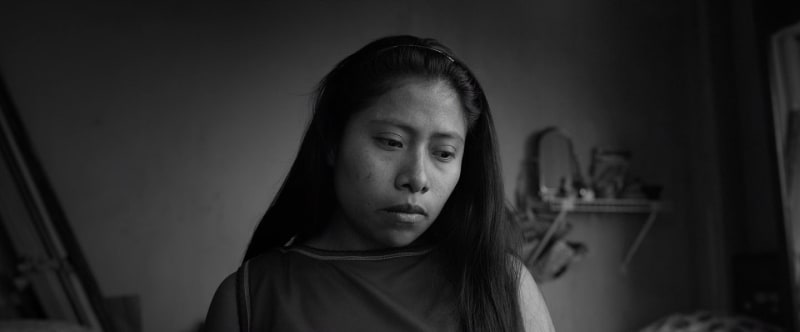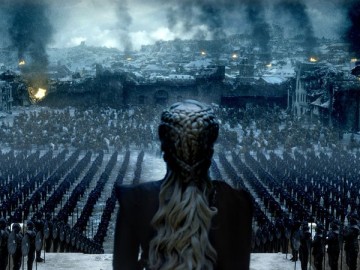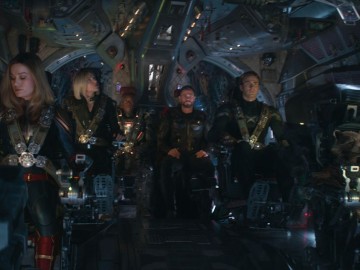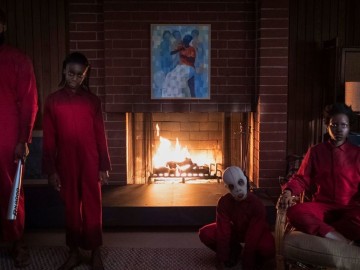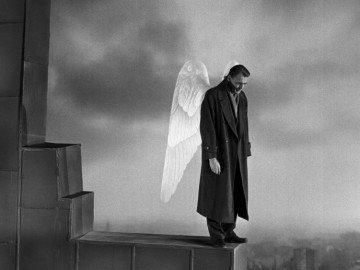Saw Alfonso Cuarón’s ROMA, still awash in its elemental grace. A richly ambiguous portrait of dysfunctional, deeply broken love–between men and women, oppressor and oppressed, people and country–caught in the rhythmic undertow of time and memory. I don’t think ROMA hides the unjust nature of the love that the family who hires Cleo has for her; as seen in a key juxtaposition between an event where Cleo performs an act of heroism, only to have time dissolve it to an anecdote told as she does chores. The tide recedes, and social realities return. Cleo salvages love where she can, but love, always, is tainted by power. The gravity of social injustice is chthonic in ROMA–the camera longs for the sky, but knows only a few can reach it. Dogshit and soap water, sand and sea.
Yalitza Aparicio inhabits Cleo with stunning confidence. Cuaron’s camera is a ghost, drifting and distant, but Aparicio’s every expression keeps Cleo from becoming a noble cipher.
Writing about the film, Abigial Nussbaum articulates just how I felt about ROMA, and how it works despite itself. ‘It can leave you feeling uneasy, watching Cleo’s happiness and knowing that she deserves so much more of it, but maybe that’s not a bad thing.’ Living in a country that’s severely segregated by caste and class, growing up caste-privileged middle-class alongside family help like Cleo (still called ‘servants’ by many Indians), I’m intimately familiar with that unease.


